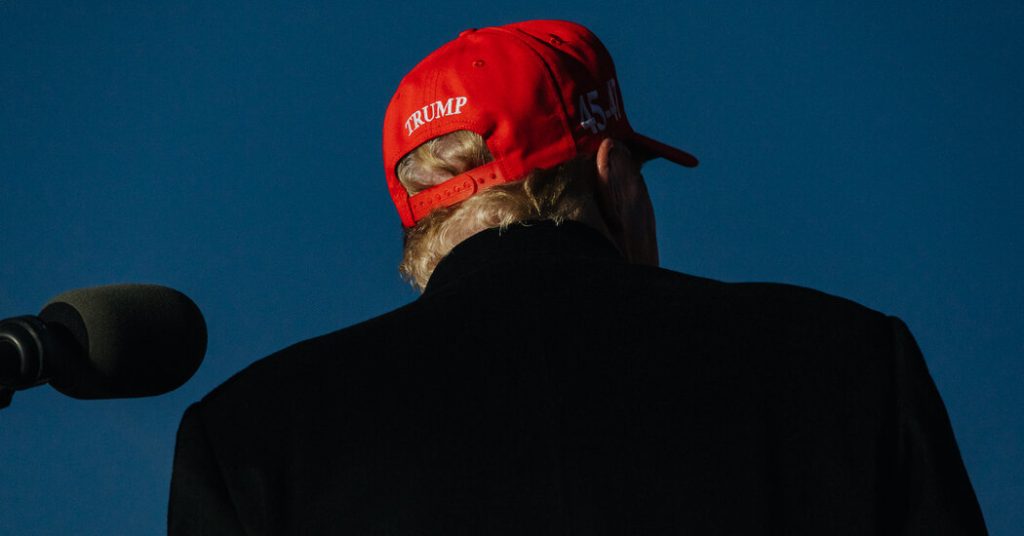The concept of macroeconomic populism, outlined by economists Rudiger Dornbusch and Sebastian Edwards more than 30 years ago, focuses on the dangerous consequences of governments engaging in magical thinking when formulating economic policies. This phenomenon can be observed in both left-wing and right-wing regimes, as seen in examples from Latin America and Turkey. While many associate populism with left-wing governance, figures like Recep Tayyip Erdogan and even former President Donald Trump have exhibited similar tendencies towards denying reality and implementing questionable economic strategies. The potential for the United States to fall victim to such policies is a concerning thought, especially in light of the pandemics and misinformation spread by Trump during his tenure.
Trump’s economic policies, such as the 2017 tax cut, were criticized for favoring the wealthy and failing to benefit working Americans. However, his propensity for magical thinking and denial of reality, especially during the Covid-19 pandemic, raises concerns about the economic future under his leadership. Despite inflation surges in 2021 and 2022, the Biden administration maintained a cautious approach when the Federal Reserve began raising interest rates to combat inflation. They respected the Fed’s independence rather than pushing for policies that could lead to a politically disastrous recession. The contrast in approaches between Biden and Trump highlights the potential dangers of a return to power for the former president.
Trump’s past demands for drastic interest rate cuts and his advisers’ proposals for policies that could exacerbate inflation raise red flags about the economic future under his leadership. Reports suggest that a future Trump regime might manipulate monetary policy for short-term political gains, disregarding the lessons learned from past economic crises. Proposals to devalue the dollar and punish countries that reduce their usage of the greenback showcase a delusional view of economic power and a rejection of established economic principles. The focus on instant gratification and disregard for long-term consequences is evident in these policy discussions, prompting concerns about the potential impact on inflation and economic stability.
The idea of weakening the Federal Reserve’s independence to allow for more direct manipulation of interest rates and monetary policy implies a dangerous departure from established norms. Trump’s advisers’ desire for more control over economic policies reflects a mindset that prioritizes political gain over economic stability. The potential for Trump to return to power and implement policies based on quack economics should be a cause for concern, given his history of endorsing unorthodox and impractical solutions to complex problems. The lack of restraint and adherence to economic fantasies in the proposed policies suggests a disregard for the potential consequences that could arise.
In conclusion, the threat of macroeconomic populism, characterized by magical thinking and denial of reality in economic policymaking, poses a significant risk to global economies, including that of the United States. The potential consequences of returning figures like Trump to power, with their disregard for established economic principles and propensity for short-term political gains, raise concerns about inflation, economic instability, and the erosion of the Federal Reserve’s independence. While economic policy may not be the primary worry regarding a potential return of Trump to power, it is a valid concern that highlights the need for caution and adherence to established economic principles to ensure long-term economic stability and growth.


